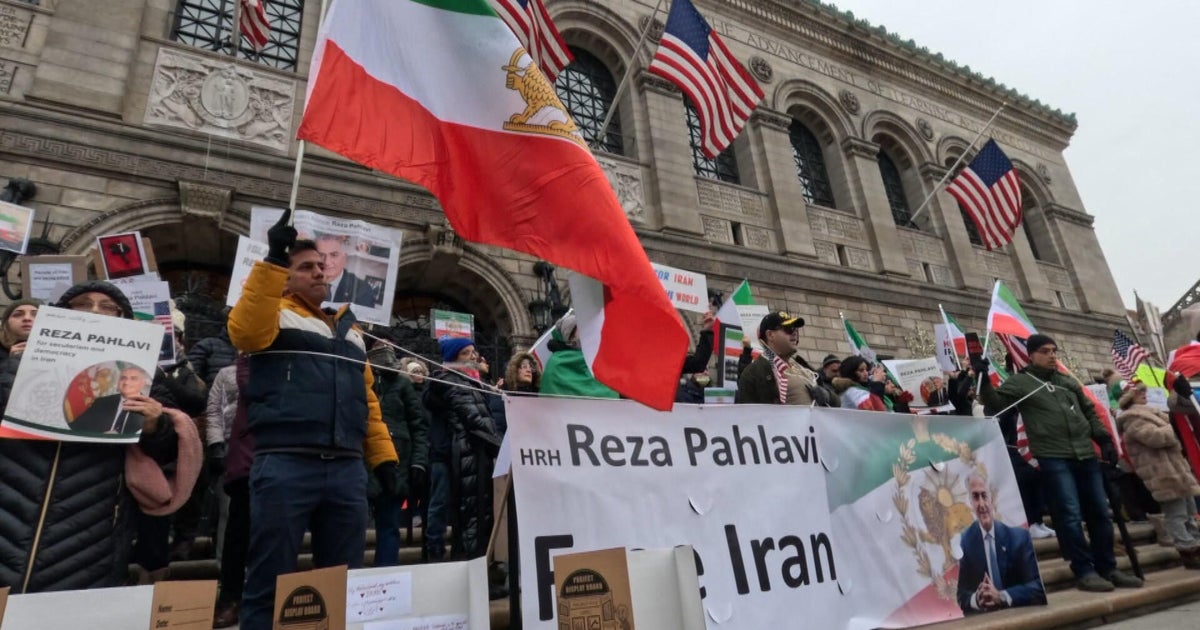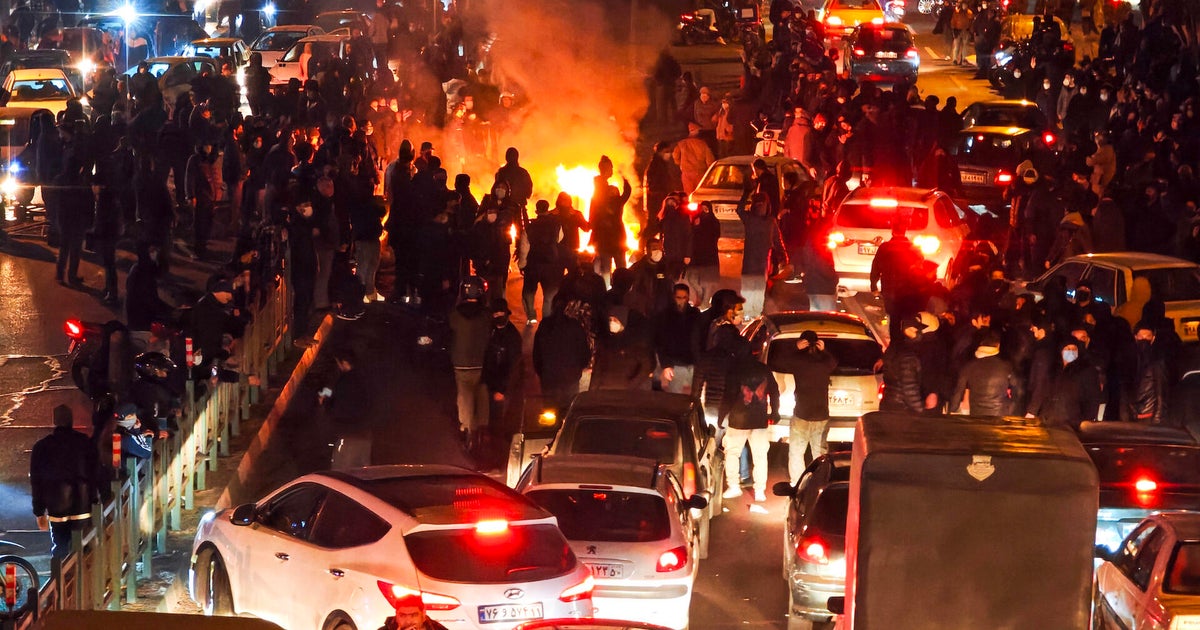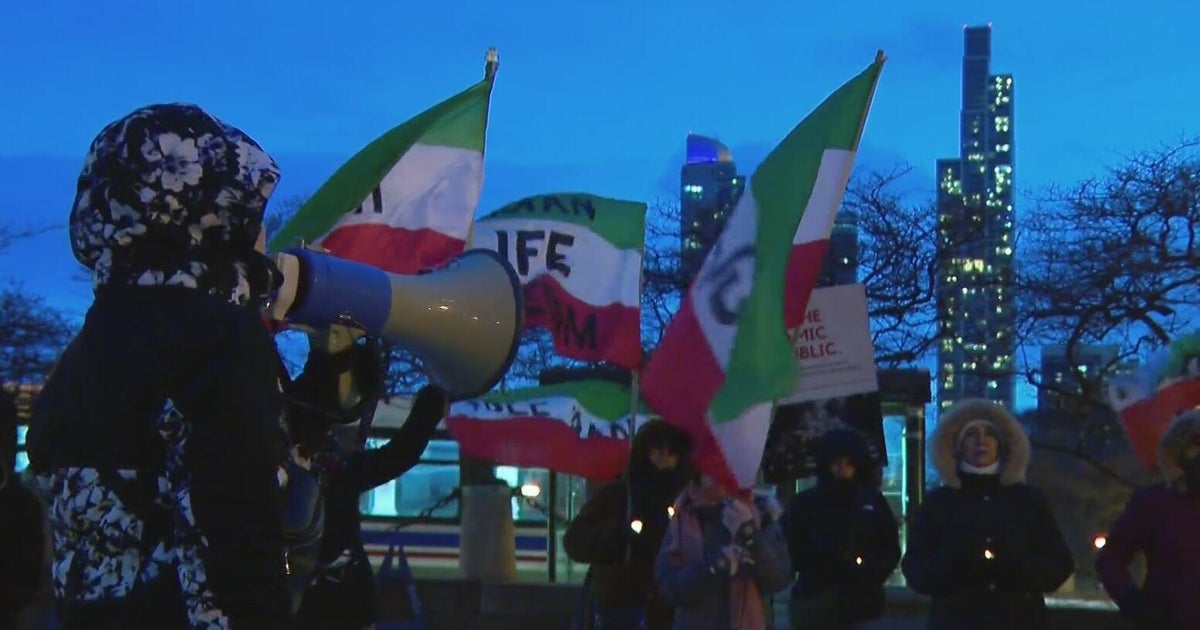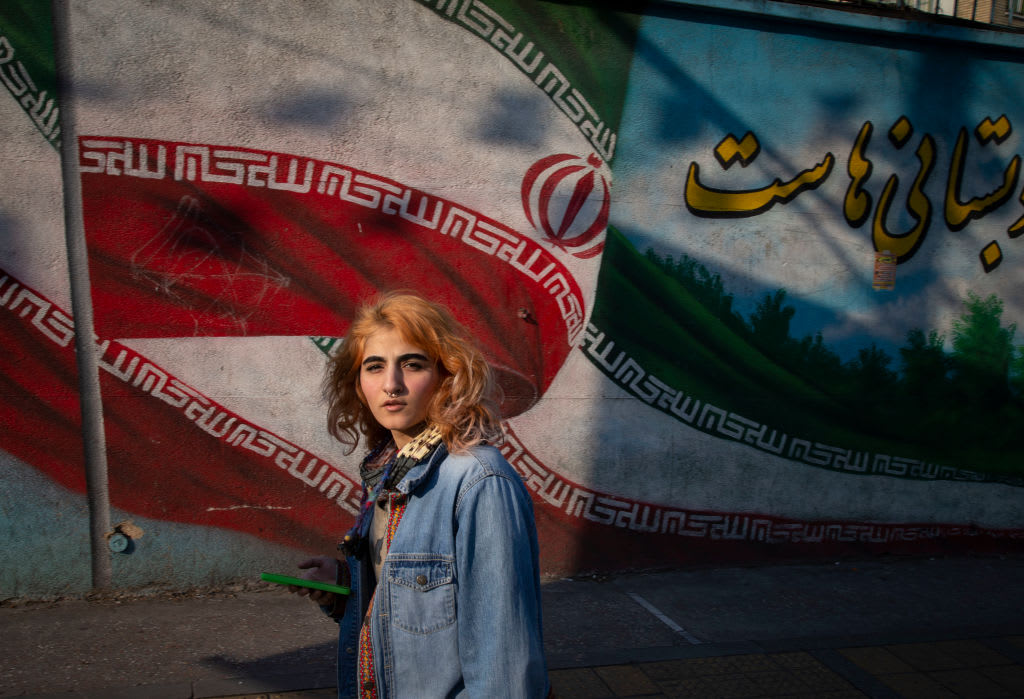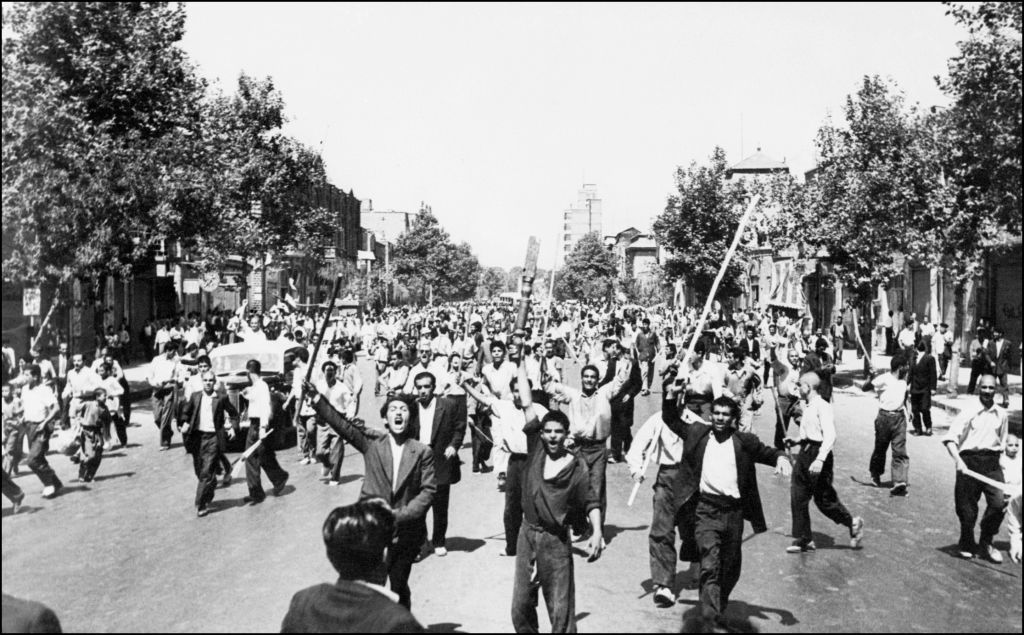Following an American's long journey home from Iran
After being detained and imprisoned in Iran for more than five years, American businessman Emad Shargi is back home in America.
Face the Nation moderator and CBS News chief foreign affairs correspondent Margaret Brennan has covered Shargi's story for years, having interviewed his family multiple times for CBS News. Now that he's back on American soil, Shargi was finally able to speak with Brennan himself, this time for 60 Minutes.
Shargi said he hopes to prevent other Americans from finding themselves unjustly detained in Iran. He told Brennan his message to fellow Americans thinking of going to Iran is a warning.
"Stay home," he said. "Spare your family the heartache. Spare yourself the heartache. Don't go."
Shargi and his wife Bahareh are both Iranian-American. In 2016, when their grown daughters had left for college, they sought to rediscover the childhood home they had left decades ago. Having met in the United States, the Shargis had never experienced their native country together.
Although Shargi had known of other Iranian-Americans who had been captured and wrongfully imprisoned in Iran — including businessman Siamak Namazi and journalist Jason Rezaian — he said he never imagined it would happen to him.
"You always think that those people had done something," Shargi said. "I thought to myself, 'A government that oversees 85 million people just doesn't randomly pick people off the street and hold them.' And then you realize when it happens to you that, in fact, that is exactly what happens."
Locked up in Evin Prison
Late at night in April 2018, about 15 armed agents from Iran's Islamic Revolutionary Guard Corps showed up at the family house where the Shargis had been staying in Tehran. The guards arrested Shargi and took him to Iran's notorious Evin Prison, where he was accused of being a spy — a charge Shargi called "ludicrous." After reviewing his case, the State Department determined that he was wrongfully detained.
Back at home, Shargi's family fought for his release. It finally happened last September, as part of an Iran–United States prisoner release deal that gave Iran greater access to $6 billion of oil revenue that has been tied up because of U.S. sanctions.
During his conversation with Brennan for 60 Minutes, Shargi recalled the ways his Iranian interrogators tried to scare him into making a confession, including threatening him with electrical shocks, waterboarding, and hanging.
They also used psychological techniques, Shargi said. For the first eight weeks he was held in Evin Prison, Shargi said he didn't know whether his wife had also been imprisoned. She had not been, but his interrogators used his lack of information to their advantage. Shargi said that when he heard women screaming down the hall from his cell, his interrogators insinuated that it was his wife. Cooperate and make the screaming stop, they said.
"I [didn't] know if she was being tortured. I didn't know if she was being raped. I [had] no idea," Shargi said. "That is its own form of torture."
Bring our families home
When Shargi finally returned to the United States last year, he was met on the tarmac by his family, including his sister, Neda Sharghi. While her brother was imprisoned, Sharghi chaired a campaign called "Bring Our Families Home." It is an effort led by family members whose loved ones are being detained in countries like China, Iran, and Russia.
In July 2022, the group put up a mural in the Georgetown neighborhood of Washington, D.C. It features photographs of the faces of some Americans detained abroad. Designed by Iowan artist Isaac Campbell, the black-and-white mural was hung with wheat paste, a non-toxic mix of flour, water, and sugar combined to make a biodegradable glue.
Because the photos were made of paper, they began to weather almost immediately. According to Sharghi, this was by design. The wearing away was meant to represent the deterioration that the people in the photos themselves go through while being held abroad.
"That mural is falling apart. It's deteriorating intentionally," Sharghi said. "We're going to leave it there to show the effect of time on the families and our loved ones who are being left behind. Every single one of those individuals needs to be fought for and brought home the same way that Emad and the others were brought home from Iran."
In addition to Emad Shargi, several other of the people represented in photos are on the wall have already been released, such as Brittney Griner, the WNBA All-Star who had been detained in Russia.
But there are others who are still being held, including Kai Li in China and Paul Whelan in Russia.
Brennan and the 60 Minutes team brought Shargi to the mural, where he got to see his own photo for the first time, before time wore it away.
"I'm fortunate to be able to stand here in front of my own picture," Shargi told Brennan. "This sort of wraps this whole thing for me. My five-and-a-half-year trip now comes to a close. And this is the end of it."
The video above was originally published on October 22, 2023 and was produced by Brit McCandless Farmer. It was edited by Sarah Shafer Prediger.
Photos courtesy of U.S. Army North and Getty Images.
